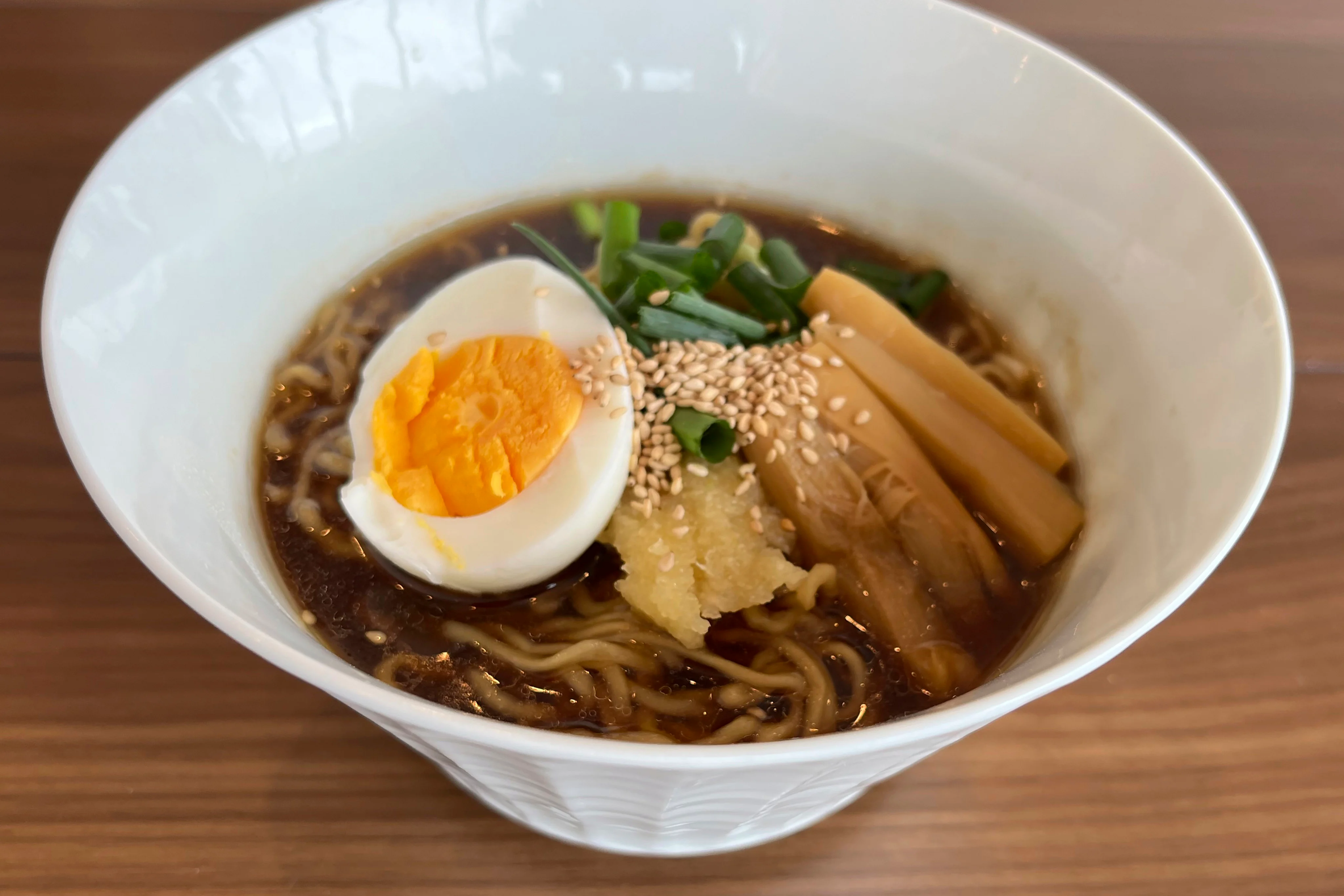By Kyodo
Copyright scmp

In Japan’s ramen-loving heartland, researchers have stirred the pot with a study suggesting that slurping down the beloved noodle dish three or more times a week might carry health risks.
The joint study, conducted by universities in northeastern Yamagata prefecture, home to some of the nation’s highest ramen consumption, found that frequent ramen eaters faced about 1.5 times the risk of death compared with those enjoying it just once or twice a week.
The researchers stressed, however, that the findings were not statistically strong enough to declare ramen a clear danger, noting that more work is needed to confirm the link between heavy noodle habits and health outcomes.
The picture got even murkier when the team found a slightly higher death risk among people who ate ramen less than once a month. At first glance, that might sound like moderation backfiring, but the researchers suspect it reflects something else entirely: people with existing health problems, such as high blood pressure or diabetes, may already be avoiding ramen in an effort to follow doctors’ orders.
The study followed 6,725 residents of Yamagata prefecture aged 40 and above for about four and a half years, grouping participants by how often they ate ramen – from less than once a month to three or more times a week – and adjusting for other health and lifestyle factors. The lowest mortality risk, it turned out, was among those eating ramen once or twice a week.
For certain groups, the risks piled up. Those under 70 who ate ramen three or more times a week had more than double the risk of dying compared with once-or-twice-a-week eaters. Frequent ramen lovers, who also drank alcohol regularly, saw their risk rise even higher, to 2.7 times.
“The study does not necessarily mean that it is dangerous to eat ramen,” said Tsuneo Konta, a professor at Yamagata University’s School of Medical Science. He advised against finishing the salty soup at the bottom of the bowl and suggested keeping meals nutritionally balanced.
The findings were published in The Journal of Nutrition, Health and Ageing in August.



